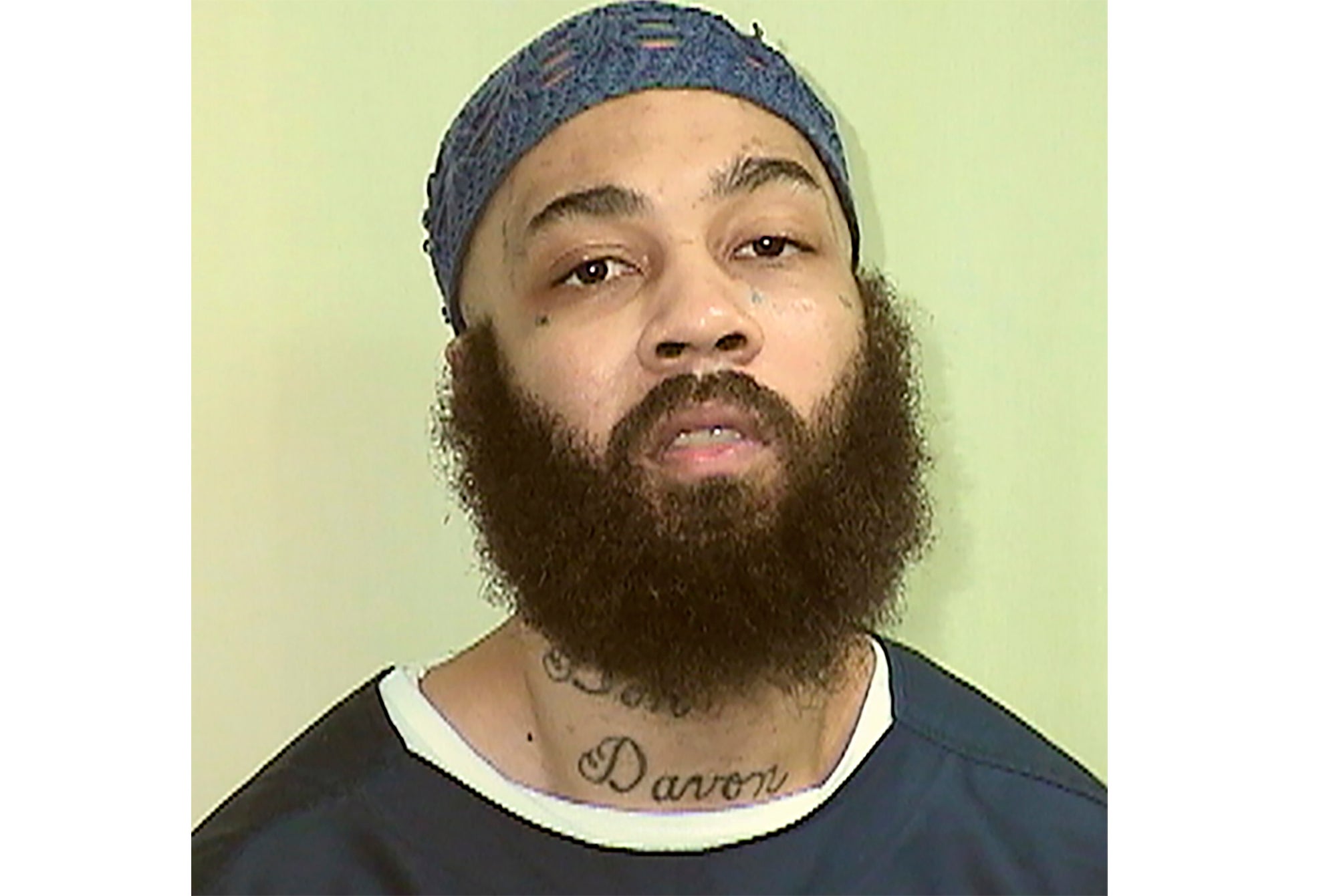Court delays execution of inmate who slipped through cracks
The Ohio Supreme Court has delayed the execution of a convicted killer whose case federal public defenders said slipped through the cracks of the legal system

Your support helps us to tell the story
From reproductive rights to climate change to Big Tech, The Independent is on the ground when the story is developing. Whether it's investigating the financials of Elon Musk's pro-Trump PAC or producing our latest documentary, 'The A Word', which shines a light on the American women fighting for reproductive rights, we know how important it is to parse out the facts from the messaging.
At such a critical moment in US history, we need reporters on the ground. Your donation allows us to keep sending journalists to speak to both sides of the story.
The Independent is trusted by Americans across the entire political spectrum. And unlike many other quality news outlets, we choose not to lock Americans out of our reporting and analysis with paywalls. We believe quality journalism should be available to everyone, paid for by those who can afford it.
Your support makes all the difference.The Ohio Supreme Court on Thursday delayed the execution of a convicted killer whose case federal public defenders said slipped through the cracks of the legal system.
Death row inmate David Martin 36, had been scheduled to die May 26. The Associated Press reported last year that he went without a lawyer for more than a year after the court upheld his sentence in 2018 and missed a chance to make a customary appeal to the federal courts.
Justices have now stayed Martin's execution until all his legal options are exhausted.
Martin was sentenced to die in 2014 for fatally shooting 21-year-old Jeremy Cole during a robbery in northeastern Ohio two years earlier. Martin also shot Cole’s girlfriend in the head, severely wounding her.
When the state Supreme Court upholds a death sentence, it automatically sets an execution date. Attorneys representing inmates in their appeals normally ask the court to delay those dates while cases enter the federal system, a request the court automatically grants. Appeals often last years afterward.
In Martin’s case, though, no attorney initially took over his case, the request wasn’t made and his chance to appeal his death sentence appeared to be lost. Questions prompted by Martin's outreach to the AP put his case on public defenders' radar.
The high court's temporary reprieve for Martin comes amid an unofficial death penalty moratorium in the state prompted by legal setbacks and challenges obtaining lethal injection drugs.
Republican Ohio Gov. Mike DeWine said last year that lethal injection is no longer an option, and he has asked state lawmakers to identify a different method. In the meantime, he has delayed a host of upcoming executions.
The state’s last execution was in July 2018.